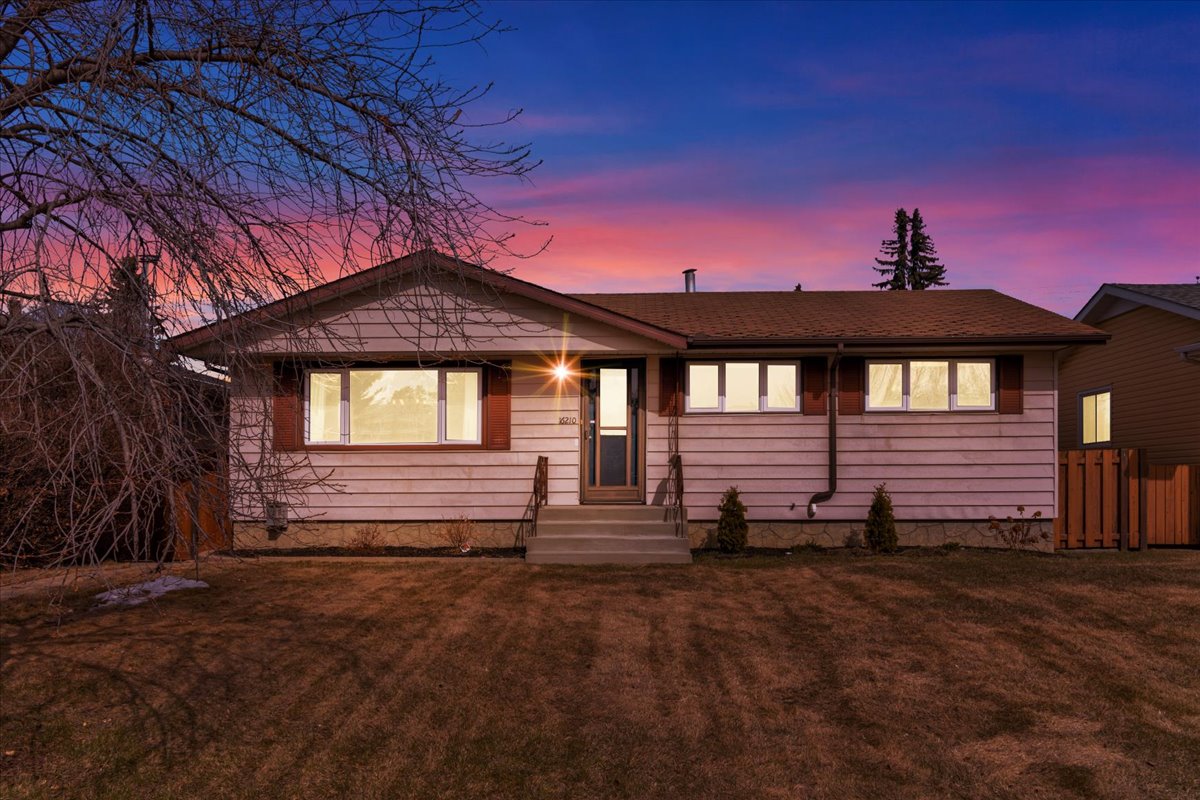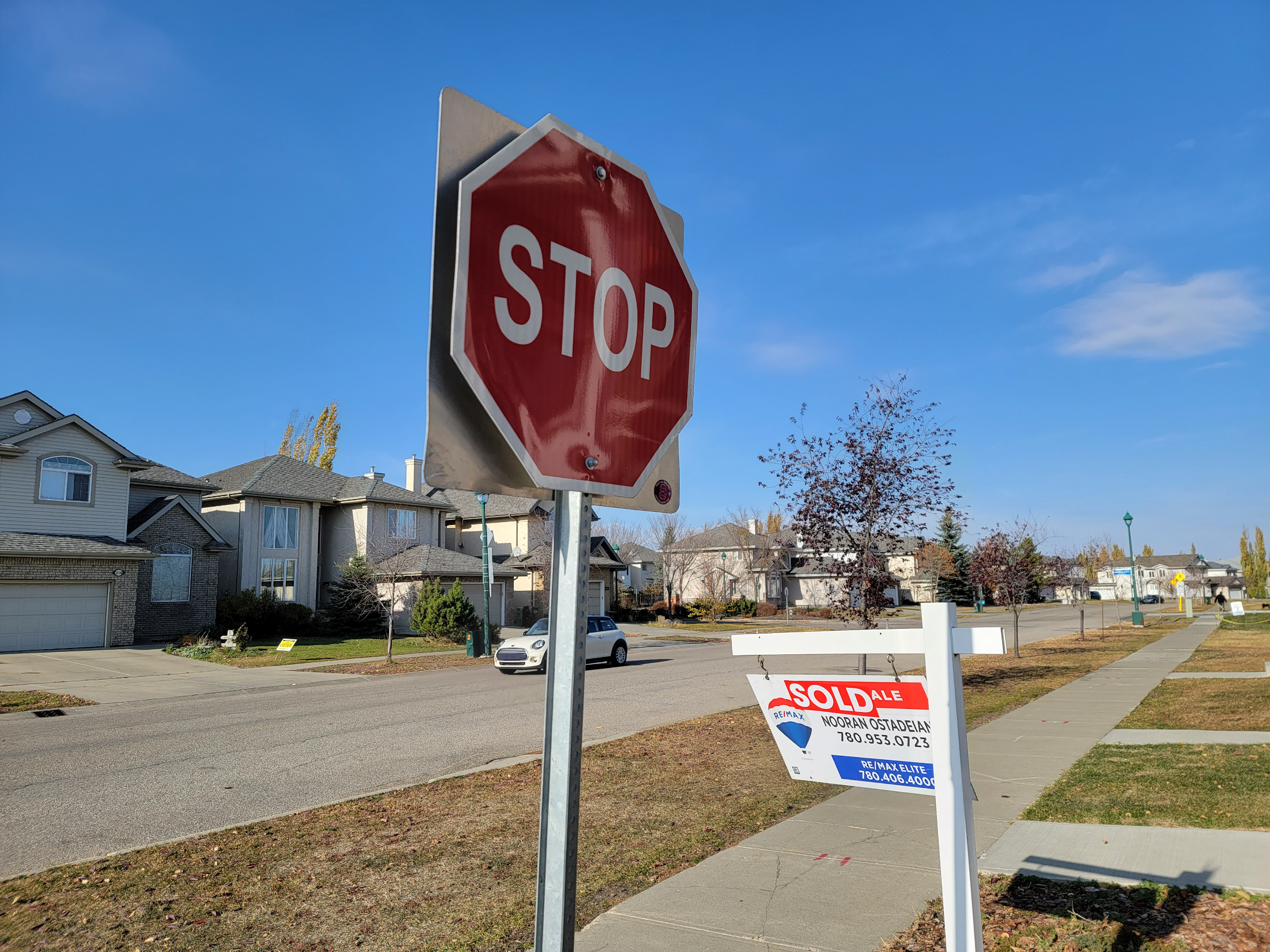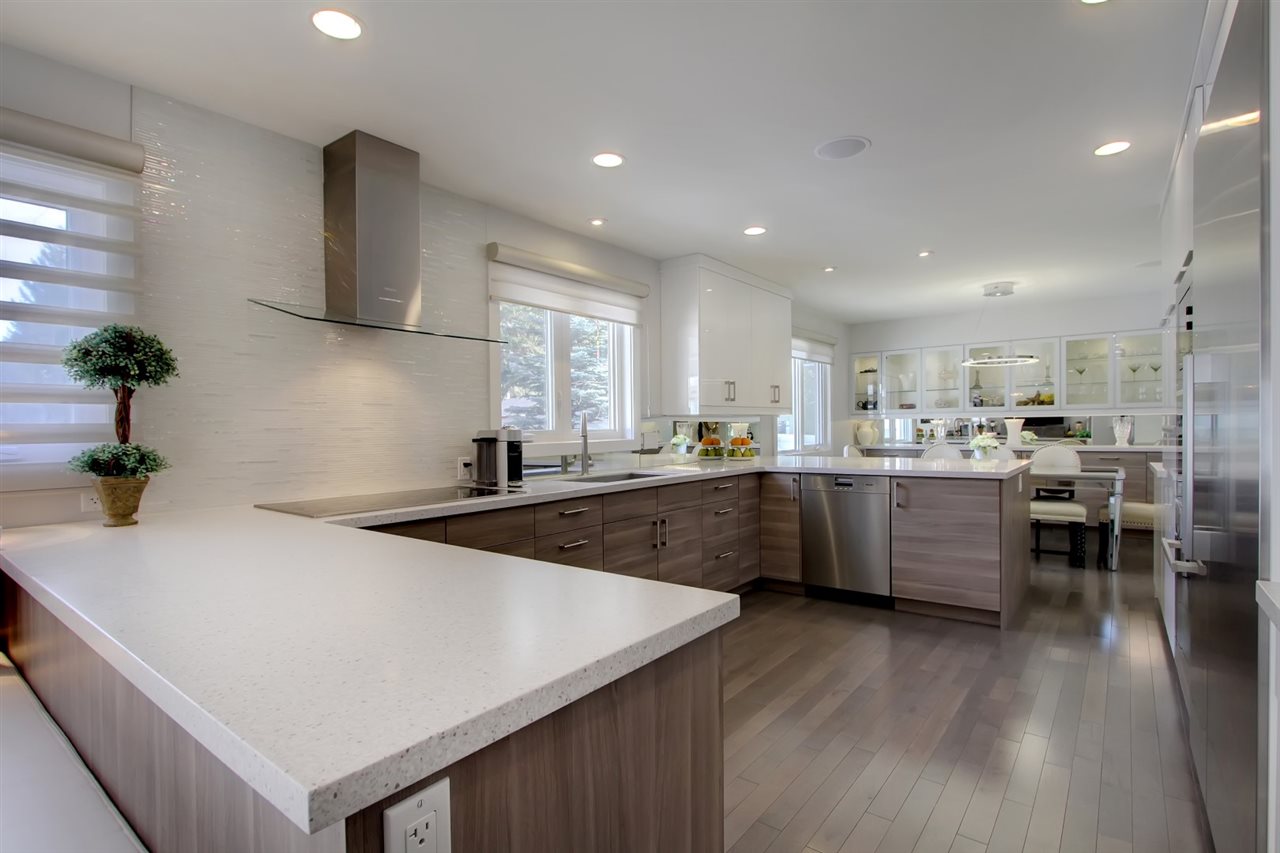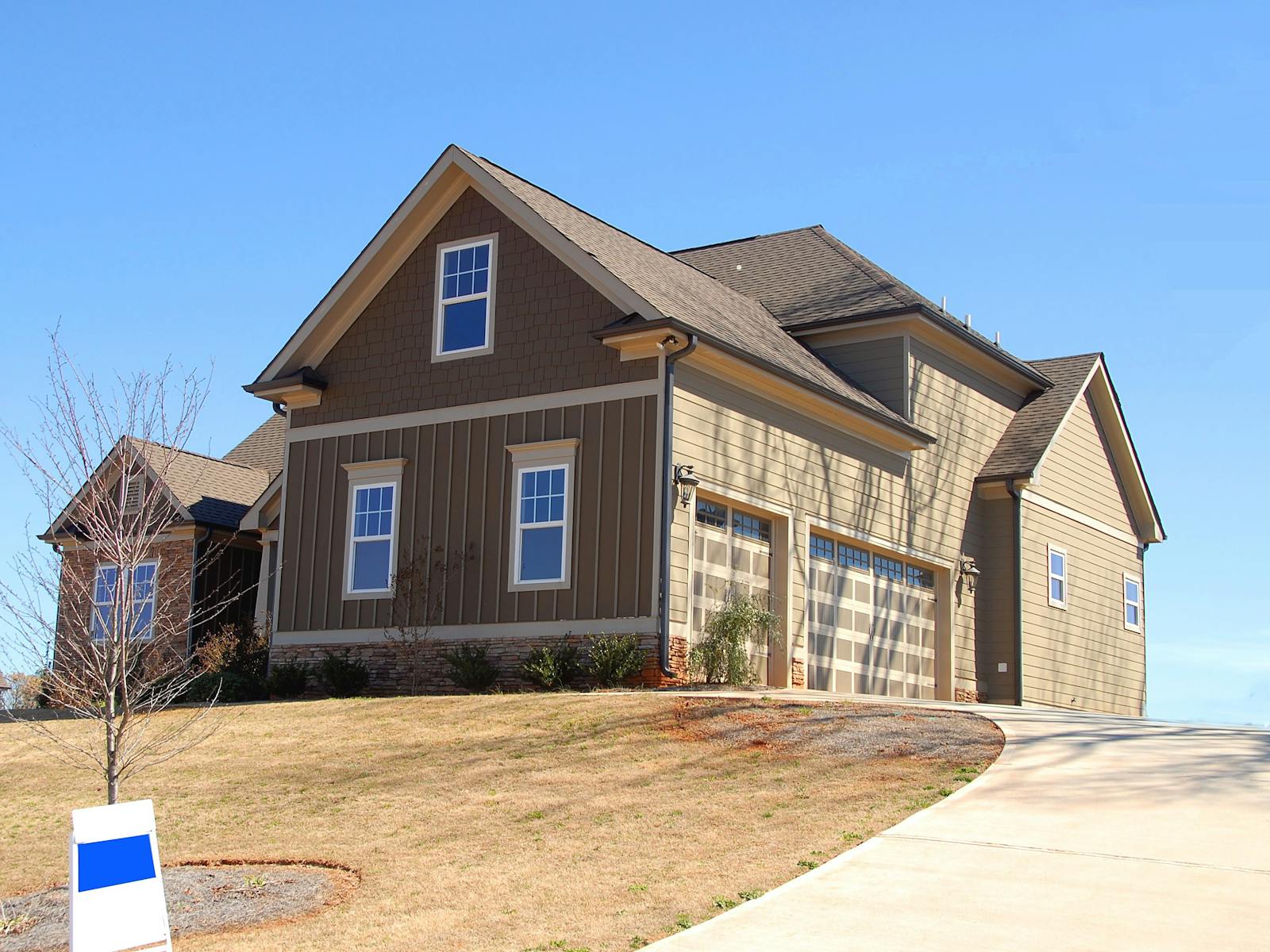Steinhauer is a charming, well-established neighborhood in southwest Edmonton, known for its quiet streets, mature trees, and family-friendly atmosphere. Developed primarily in the 1970s, this community offers a blend of convenience, green spaces, and easy access to major amenities, making it an attractive choice for homebuyers.
Location & Accessibility
Steinhauer is situated between 111 Street and Calgary Trail, with 40 Avenue running along its northern boundary. This strategic location offers excellent connectivity to the rest of Edmonton through major roads like Whitemud Drive and Anthony Henday Drive, making commuting a breeze for residents. The nearby Century Park LRT station further enhances accessibility, providing a direct link to downtown Edmonton and beyond.
Shopping & Amenities
One of the biggest draws of Steinhauer is its proximity to Southgate Centre, one of Edmonton’s premier shopping malls, offering a wide variety of retail stores, restaurants, and essential services. Other nearby shopping hubs include South Edmonton Common, which features big-box stores, entertainment options, and dining establishments, as well as local grocery stores and plazas for everyday needs.
For healthcare services, residents have access to several medical clinics in the area, and Grey Nuns Hospital is just a short drive away.
Schools & Education
Steinhauer is an excellent neighborhood for families with school-age children. It is home to Steinhauer School (K-6), a well-regarded elementary school offering a strong academic foundation. Junior high and high school students have easy access to D.S. MacKenzie School and Harry Ainlay High School, one of the top-rated high schools in Edmonton, known for its International Baccalaureate (IB) program.
For post-secondary education, the University of Alberta is just a quick LRT ride away, making the neighborhood a convenient choice for students and faculty alike.
Housing & Real Estate
The real estate landscape in Steinhauer is dominated by single-family homes with spacious lots, many of which have been beautifully maintained or renovated over the years. There are also some townhouses and duplexes, offering more affordable options for first-time homebuyers and investors.
Home prices in Steinhauer generally range from $350,000 to $600,000 for detached homes, while townhouses and duplexes can be found in the $250,000 to $400,000 range. The area remains a sought-after location due to its affordability compared to nearby neighborhoods like Twin Brooks and Blue Quill.
Looking for a home in Steinhauer? Check out this stunning property currently available:
🏡 3020 105 Street, Edmonton – A beautifully maintained family home offering spacious living areas, modern upgrades, and a prime location. View Listing
Parks & Recreation
Steinhauer boasts an abundance of green spaces and recreational amenities. Steinhauer Park is a favorite among families, featuring playgrounds, walking trails, and open fields for outdoor activities. Nearby, Derrick Golf and Winter Club offers golf, fitness, and social activities for residents looking for an active lifestyle.
For those who enjoy biking or jogging, the community has easy access to the Blackmud Creek Ravine, a scenic natural area perfect for exploring year-round.
Why Choose Steinhauer?
Mature neighborhood with tree-lined streets & a strong community feel.
Great accessibility via major roads & Century Park LRT.
Proximity to top-rated schools and post-secondary institutions.
Affordable real estate with well-maintained homes.
Excellent shopping & amenities just minutes away.
Parks & recreational opportunities for an active lifestyle.
Steinhauer is a fantastic choice for families, professionals, and retirees looking for a peaceful yet well-connected community. Whether you're buying your first home or seeking a move-up property, this southwest Edmonton neighborhood offers a welcoming environment with plenty of perks.







